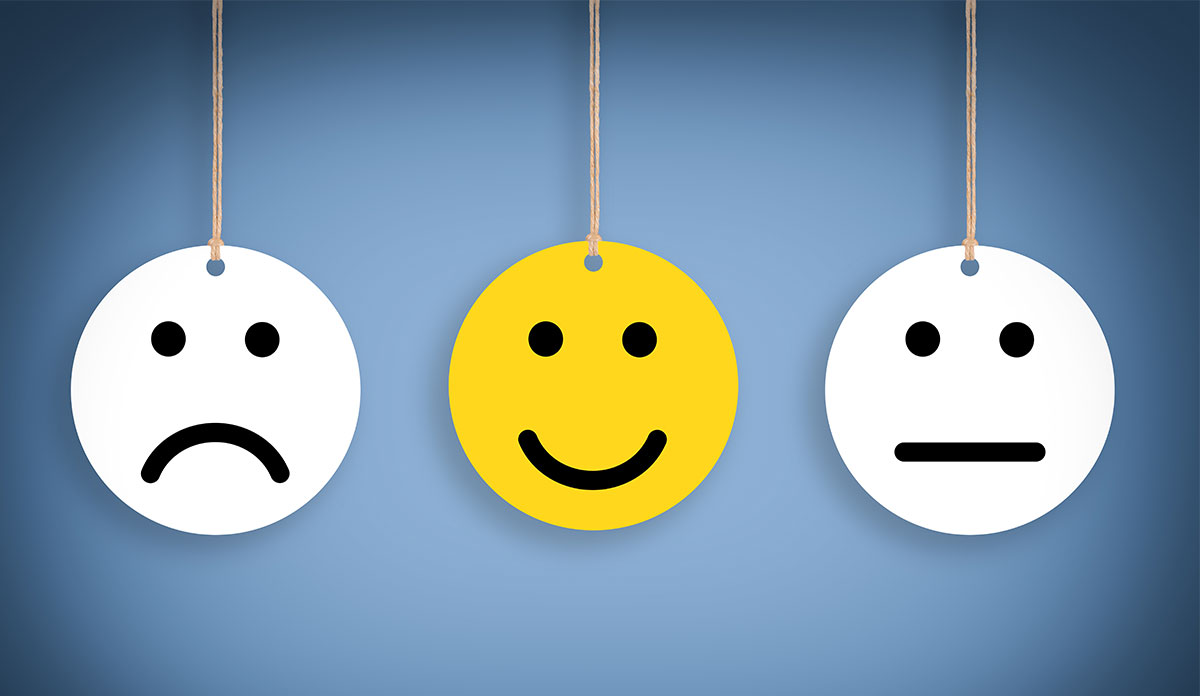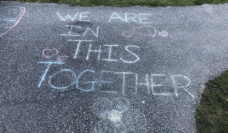The COVID-19 pandemic exposed deep vulnerabilities due to our fragmented health care system and unequal income distribution. African Americans, who suffer from racial and income inequalities, also suffered disproportionately from COVID-19. Predominantly Black counties had COVID-19 infection rates nearly three times higher than those of predominantly White counties. While Black people make up just 12.5% of the U.S. population, they accounted for 23% of COVID-19 deaths and are 3.5 times more likely to die from the disease compared to White populations.
This occurred for many reasons. African Americans are over-represented in “essential” jobs in the sectors where social distancing is impossible. Long-term systemic barriers linked to racism in housing, opportunity, and other realms exacerbated their vulnerability to infection, hospitalization, and death. African Americans are also more likely to have pre-existing health conditions such as asthma, diabetes, and cardiovascular diseases — all risk factors for COVID-19. Their vaccination rate, meanwhile, is also lower than other population groups.
With the support of the Social Policy Institute at Washington University in St. Louis, Yung Chun, Michal Grinstein-Weiss, Bartram Hamilton, Stephen Roll, Will Ross and I conducted a nationally representative survey with approximately 15,000 respondents in four waves from April 27 to December 2021 to explore wellbeing during the pandemic. Given the disproportionate impact of COVID-19 on African Americans, it is logical to expect African Americans would have the highest losses in mental health and other dimensions of wellbeing.
Yet we found that Black respondents reported higher wellbeing than Whites. Differences in reported life satisfaction — and particularly optimism for the future — between African American and White participants were almost as large as those across income groups. African Americans also reported better mental health than their White counterparts, with the most significant disparities occurring between low-income Blacks and Whites. Hispanics also scored higher on life satisfaction and optimism and had slightly better mental health than Whites, but the gaps are not as large. Anxiety increased for all racial groups, including minorities, at points throughout the survey, but coexisted with their higher levels of optimism than Whites.
African Americans in essential jobs were less likely to become unemployed, yet those who did were both more optimistic and reported better mental health than Whites who lost their jobs.
The pandemic also brought uncertainty and deprivation through unemployment. African Americans in essential jobs were less likely to become unemployed, yet those who did were both more optimistic and reported better mental health than Whites who lost their jobs.
These findings are consistent with patterns that we have previously found in the wellbeing of different race and income cohorts amidst opioid-related deaths of despair. Using over one million responses over five years from Gallup data for the U.S., we found large gaps in optimism and reported stress across poor African Americans and Whites. The former are almost three times as likely to be a point higher on the 11-point optimism scale and 50% less likely to report experiencing stress the previous day than poor whites. Poor Hispanics are again in between.
The reasons for this resilience among African Americans include a history of overcoming adversity, strong community ties, and continued belief in education at a time when it has faded among low-income Whites. Minorities are gradually narrowing gaps in education and life expectancy. Poor Whites have fallen behind in absolute terms compared to wealthy Whites and in relative terms compared to minorities, losses which are reflected in their high levels of despair.
Although the policy implications of this are not immediately obvious, as the differences stem from complex long-term trends, there are potential lessons. The science of wellbeing is increasingly yielding lessons on how simple interventions can enhance wellbeing in deprived and isolated communities. As the U.S. is facing unprecedented challenges due to the dual pandemics of COVID-19 and racial injustice — with implications for the physical and mental health of our society — better understanding the roots of African American resilience may prove important to the solution.
Photo via Getty Images














